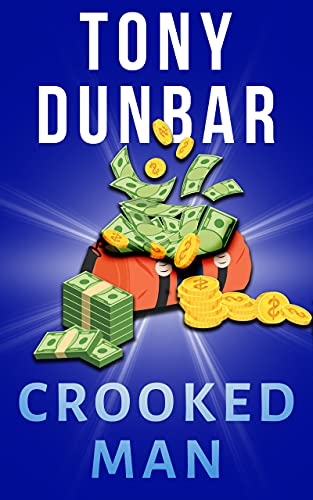
Maybe it started with Jason Bourne – I mean the movie Jason Bourne, not the one in the novel, which is much more cerebral than the film(s). There’s the can’t-miss formula – create a bigger-than-life main character, give him near superhuman fighting skills, put him in impossible situations, and keep the car chases, gun fights, and explosions coming. If the plot’s tissue thin, never mind. The audience didn’t come for plot anyway.
Alexander King, the hero of The Secret Weapon, first book in a series, is a former CIA agent. His status now is equivocal. Officially, he’s dead. Only the CIA director and couple of his trusted friends know he’s still alive. Currently he’s living secretly in London.
One day he looks out his apartment window and observes the attempted murder of a young woman. King rushes to her rescue, and soon finds himself on the run with her. Then he learns that she is being hunted by a family of terrorists headquartered in Greece. King does his best to get her safe, but when she disappears, that’s only the first of many surprises.
I didn’t hate The Secret Weapon. It delivered everything the blurb promised – the plot is fast and full of twists, and the characters have something approaching personalities. Plausibility is far back in the rear-view window, but nobody came for that.
My main complaint was the writing, as in the use of words. I’d guess the first draft of the book was dictated; it has that feel. The author doesn’t know when to use “as” instead of “like.” As in, “…especially when such a high-value target like Husaam Hammoud was taken out….” There are lots of awkward line constructions like, “The fire was on its last legs.” Or, “He stared at the stubble on his iron jaw.” (An iron jaw refers to resistance to impact, not appearance).
Also, the hero’s relationship with his best friend, a beautiful, butt-kicking female agent older than he is, seemed odd to me. It’s described as brother-sister, but didn’t feel right.
However, if popcorn reading is what you’re after, The Secret Weapon isn’t bad. Patriotism is treated positively here, which isn’t always the case these days.







